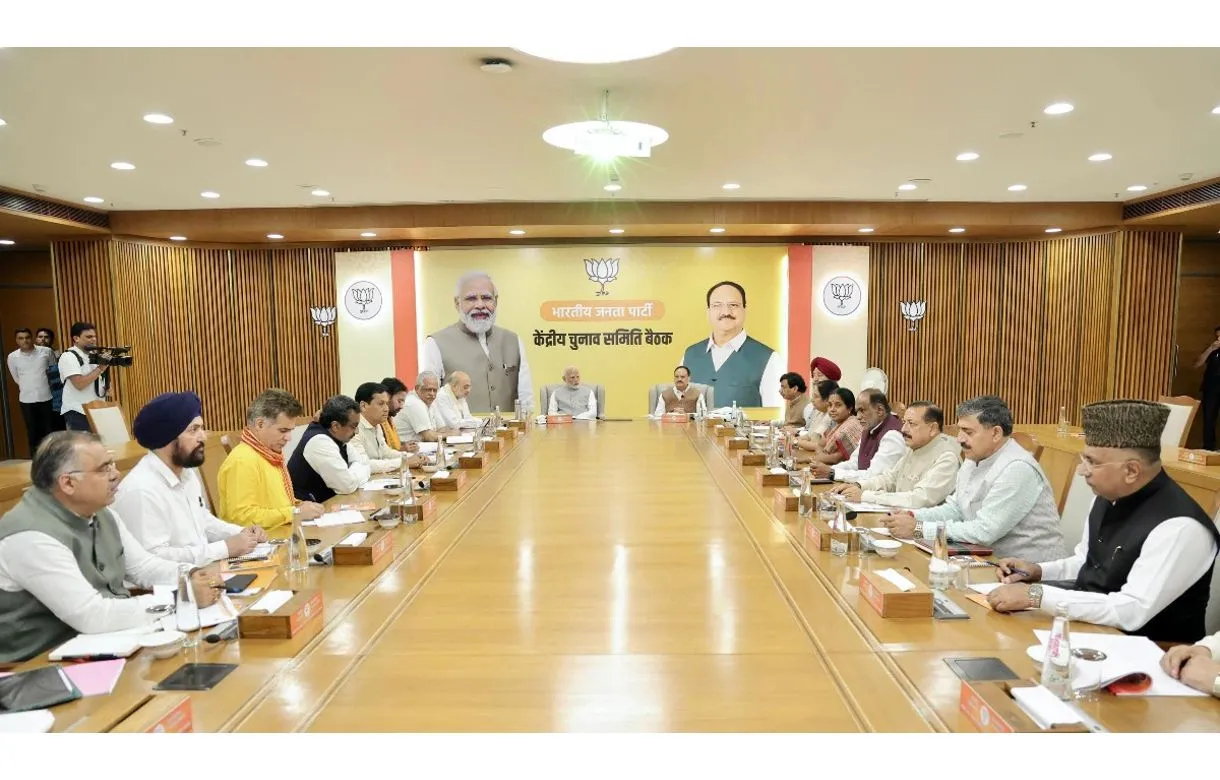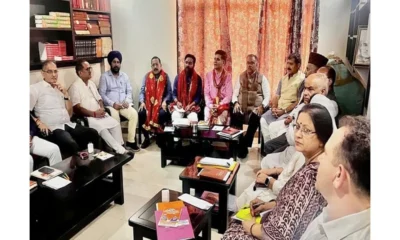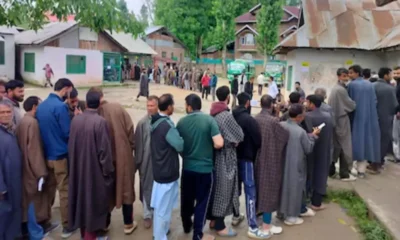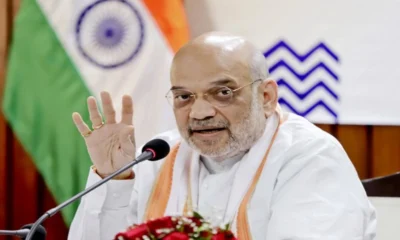In a major setback for saffron party, two more BJP leaders, including a district president, stepped down from the primary membership of the party on Saturday, citing their resentment against the choice of candidates in their constituencies for the upcoming Jammu and Kashmir Assembly elections.
The saffron party is facing resentment over its ticket distribution in the Union Territory immediately after it started releasing the list of candidates for the Assembly elections on August 26, with party leaders and workers protesting in several districts of the Jammu region.
In a related development, hundreds of BJP workers took out a rally in the Khour block of the Chhamb Assembly constituency in the outskirts of Jammu against fielding former MLA Rajeev Sharma from there.
Two of its rebel leaders have already filed their nominations as independent candidates from Ramban and Padder-Nagseni Assembly constituencies, which are among 24 constituencies going to polls in the first phase of the three-phased elections on September 18.
The state party’s Samba district president Kashmir Singh said: “With a heavy heart, I am submitting my resignation from the primary membership of the party for which I have worked for 42 long years. I was compelled by the circumstances after the party gave ticket to a person who had come from the National Conference (NC) and vociferously opposed our ideology for decades.”
The BJP has fielded former minister Surjit Singh Slathia, who joined the party in October 2021 after quitting the NC, from the Samba constituency which was opened in the general category after being reserved for the Scheduled Castes for 28 years.
However, Singh said he would take back his resignation if the party leadership decides to change the candidate and give a ticket to any senior member of the party, otherwise he said, “I am going to take forward this struggle and file my nomination papers as an independent candidate against him.”
Another BJP youth leader Kanav Sharma also resigned from the party to protest against the ticket to a “corrupt leader”.
Kanav Sharma, Jammu district president of the Bharatiya Janata Yuva Morcha, said he is a third-generation member of his family associated with the organisation and its ideology but the decision of the party to give ticket to Yudhvir Sethi from Jammu East is not acceptable to his conscience.
The BJP faced strong resentment from party workers from Jammu North, Jammu East, Paddar, Ramban, Shri Mata Vaishno Devi, Chhamb and Akhnoor constituencies over ticket distribution.



















